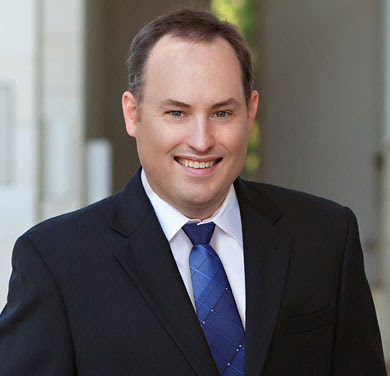
February 2021 Newsletter - Florida Litigation

 When the law is on your side – as it is for sureties on many issues – the old adage is to pound the law. Good news is that this approach is now stronger in Florida, as the Florida Supreme Court has approved a modification to the summary judgment standard that makes it easier to prevail. The plan is to adopt the more universal federal standard for deciding summary judgments. We believe the Surety is a favorite of the law, and given the legal issues typically encountered on surety disputes, we view this as a positive change because it will allow a surety to build momentum, charge forward (like the proverbial bull), and conclude litigation in a cost effective manner.
When the law is on your side – as it is for sureties on many issues – the old adage is to pound the law. Good news is that this approach is now stronger in Florida, as the Florida Supreme Court has approved a modification to the summary judgment standard that makes it easier to prevail. The plan is to adopt the more universal federal standard for deciding summary judgments. We believe the Surety is a favorite of the law, and given the legal issues typically encountered on surety disputes, we view this as a positive change because it will allow a surety to build momentum, charge forward (like the proverbial bull), and conclude litigation in a cost effective manner.
Like many states, the Florida Rules of Civil Procedure and Rules of Evidence mirror their federal counterparts in many respects – there is even similar numbering. For many years, however, there has been a deviation on the standard for granting a motion for summary judgment. Essentially, the Florida standard – although using similar language to the Federal Rule 56 – had a more stringent application and made summary judgment more difficult. Indeed, as part of debating whether to change this rule, Justice Jorge Labarga noted the tradition in Florida of letting as many cases as possible go to a jury. The Florida standard is now set to be changed to mirror Rule 56 and the more universal standard for deciding summary judgments when there is not a material issue of fact.
This has immediate application with indemnity suits given that there typically are limited issues of fact, as well as the legal impact of various clauses contained in indemnity agreements, including the right to settle, prima facie evidence of liability, and default language when collateral is not provided. The same is true with respect to certain performance bond disputes where there is a threshold matter of law, such as proper notice under the bond and/or material alteration of the bonded obligation. In Florida, we usually have a preference of litigating in federal court if possible because of the summary judgment standard. While certainly there will still be hurdles of persuasion to convince a judge to completely pour out a litigant’s claims and/or defenses, we do see the shift to a federal rule 56 model as a good thing and are hopeful that it will help streamline litigation and decrease litigation costs in state court.
The new standard will not go into effect until May 1 and the Florida Supreme Court has invited comments from rules committees and the public. While we do expect there to be some discussion, we ultimately believe that the federal rule standard will be adopted. Given that I'm actively litigating an indemnity matter now in Florida, I certainly am ready for May 1 to get here and test out the new standard.


